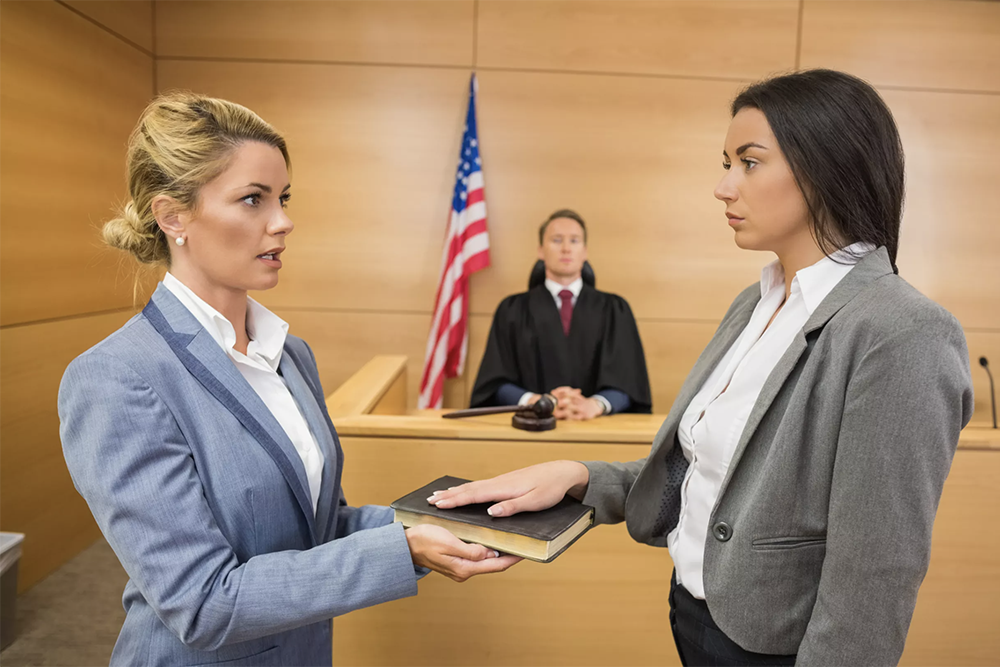
Depositions are significant for defense attorneys, whether in civil or criminal suits. If you are required to do a deposition, your lawyer and the court staff will pepper you with instructions and advice on what to wear, how to act, and things you shouldn’t do on the day. This may leave you wondering just how important a deposition is.
So, What is a Deposition?
Simply put, a deposition is an attestation given by a witness under oath, usually before the trial begins. The difference between depositions and actual testimonies in court is that the former is conducted without a judge present. They are also conducted in informal settings (usually conference rooms) with only the prosecutor, defense attorney, and a court reporter present and the witness themself. Nonetheless, witnesses in depositions can still face perjury charges as they still take the same oaths as they would in court.
What is the Purpose of a Deposition?
Generally, depositions are conducted in cases where the prosecution intends to rely on witness testimonies. They are meant to give defense attorneys a chance to hear and record the witness statements to prepare good defenses. Overall, depositions make the court’s work easier, allowing both parties to gather their facts and firm up their cases beforehand, reducing the time it takes to litigate. Notably, two parties are usually involved in a typical court case, and each party may have their own aims in a deposition, depending on where they stand.
If you are called upon to give a deposition, here are some of the questions the opposing counsel may present to you:
What happened? – The attorney will want to hear your version of the events, which will let them know if you have any essential facts.
Do you have all the facts? – The counsel will question you on every angle of your story, sometimes repeating questions multiple times, to see whether your version of events remains consistent.
This line of questioning will serve two purposes for the counsel. One, it gives them a chance to challenge you and potentially make you appear inconsistent. The second purpose is to milk as much information from you as possible so they can prepare relevant questions to cross-examine you at the trial.
Are you credible? – For your testimony to pass in court, it doesn’t only have to be credible beyond doubt, but you, as the witness, must also be credible.
Therefore, the opposing counsel will want you to use inconsistent or easily misconstrued language at the deposition. This helps them paint you as untrustworthy before the jury.
In Summary
Depositions are both fact-finding missions and a legal war of attrition. The opposing attorney will use all tricks in the book to make you stutter and give emotional responses. Of course, your attorney will probably do the same to the opposing witnesses, but you can’t count on it working out. All you can do on your part is to keep calm at all times and answer the questions as honestly, articulately, and concisely as you can.
Are you in need of a certified court reporting firm in New Jersey? If so, contact us today!
